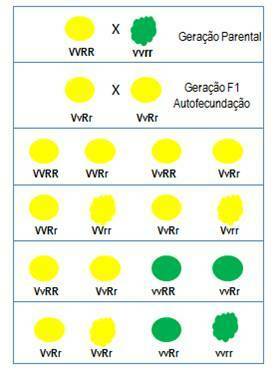O collenchyma, like sclerenchyma, is a tissue that acts to support plants. It is a tissue that has live cells, which are characterized by the presence of irregular white and shiny thickening in the cell wall when viewed under an optical microscope. The tissue originates from the fundamental meristem and sometimes from the procambium.
The cell wall (always unlignified primary wall) of the collenchyma cells are composed of cellulose, pectic substances, hemicelluloses and water. It is estimated that more than half the weight of this wall is water.
The cells in this tissue can have a varied shape, ranging from isodiametric to elongated. They may have chloroplasts and some other substances, such as phenolic compounds.
Collenchyma cells have the ability to return to meristematic activity, being very important for the regeneration of some parts of the plant. Because it is more flexible than sclerenchyma, colenchyma is often found in plants that still are in primary growth and in constant movement, thus ensuring the sustainability of the vegetable. This tissue also appears in large-caliber veins and in the leaf edge region. It usually occupies a more peripheral position in the organs.
Do not stop now... There's more after the advertising ;)
As previously mentioned, the collenchyma cells present irregular thickening and this characteristic allows us to classify it into some types: angular, lamellar, lacunar and annular. At the angular collenchyma, thickening occurs at the point where three or more cells meet. O lamellar collenchyma it presents thickening on the walls parallel to the surface of the organ, forming species of plaques. already in the lacunar colenchyma, the thickening occurs in the walls that are delimiting the intercellular spaces. Finally, we have the ring colenchyma, in which thickening occurs more evenly throughout the cell.
By Ma. Vanessa dos Santos
Would you like to reference this text in a school or academic work? Look:
SANTOS, Vanessa Sardinha dos. "Collenchyma"; Brazil School. Available in: https://brasilescola.uol.com.br/biologia/colenquima.htm. Accessed on June 28, 2021.

